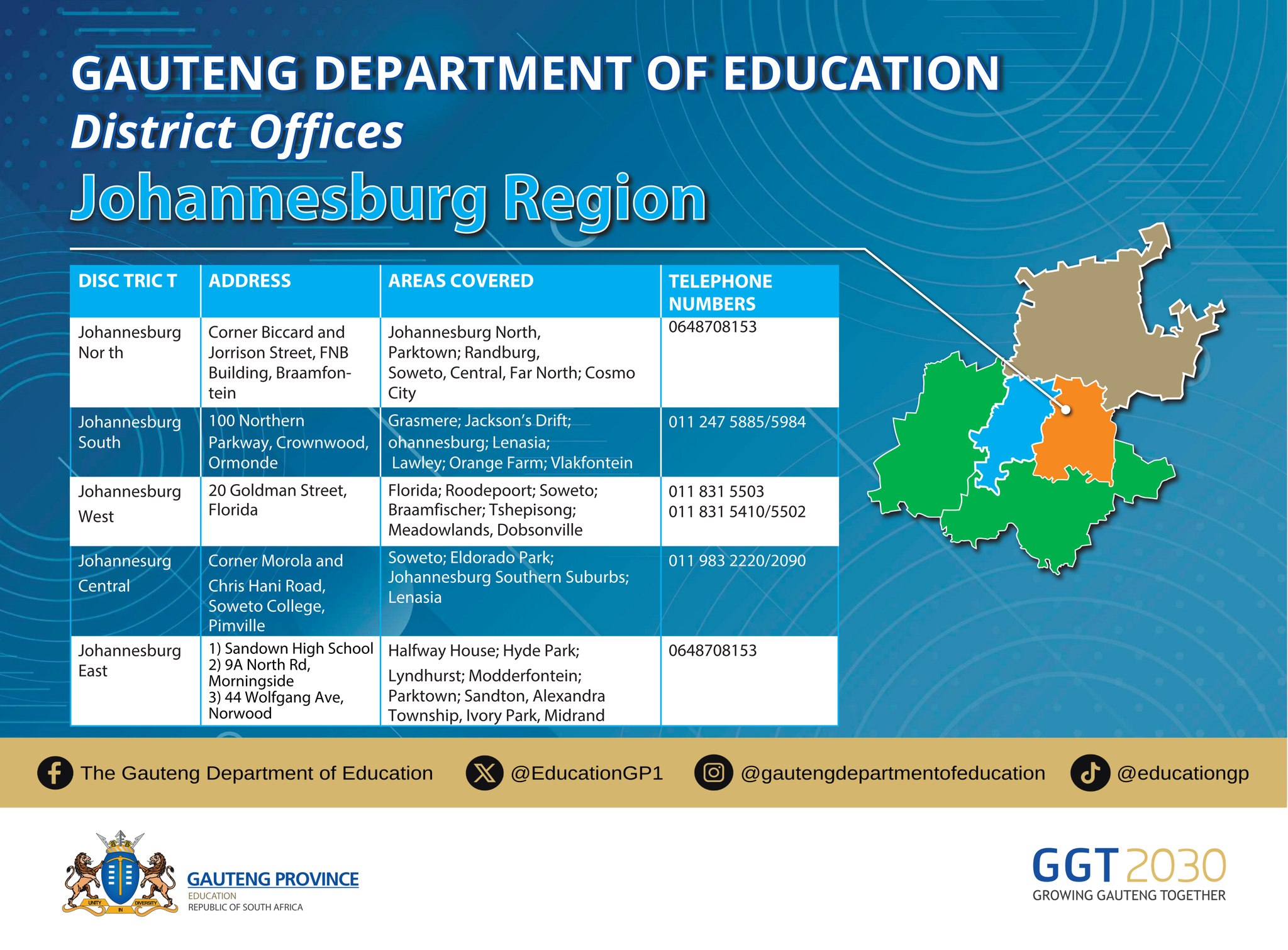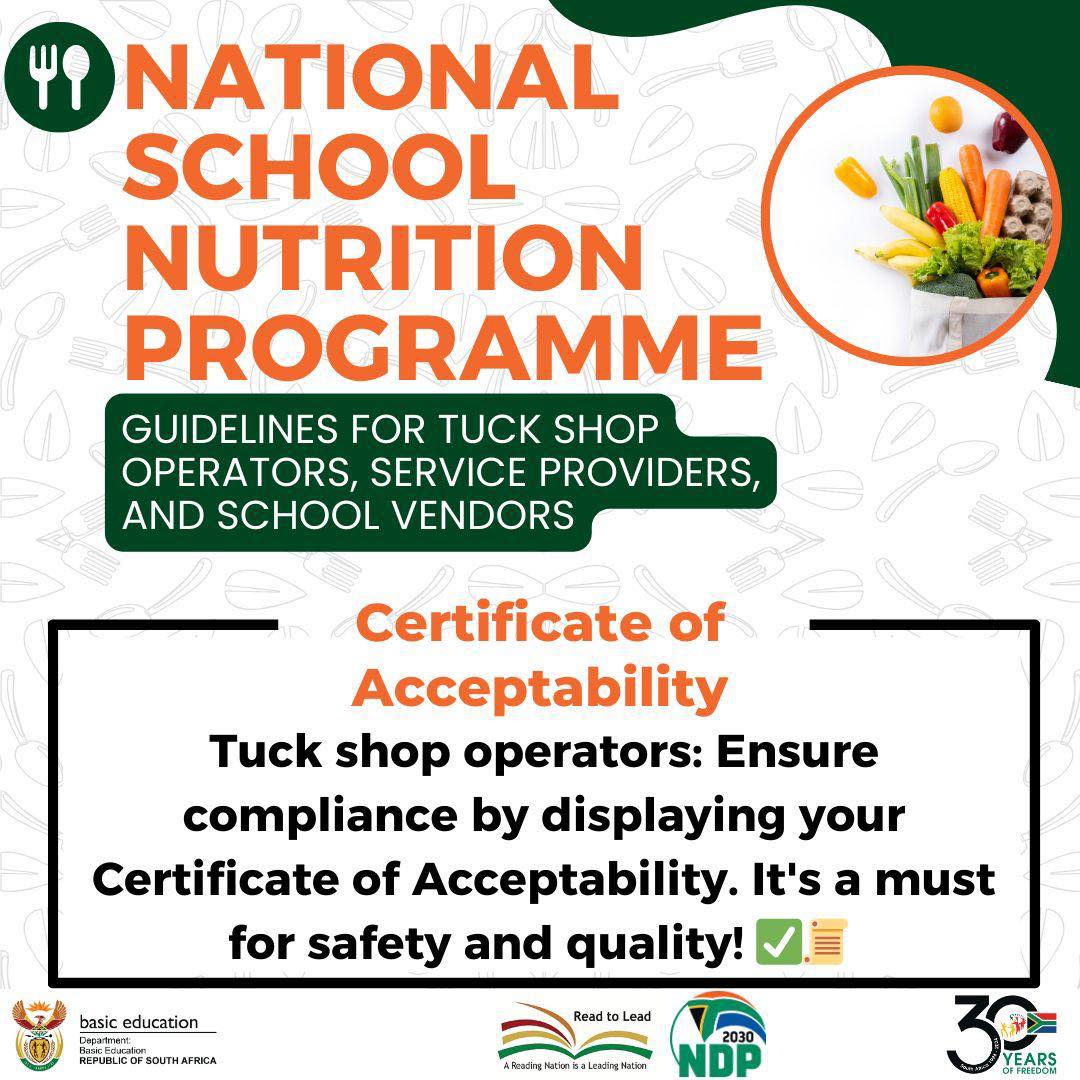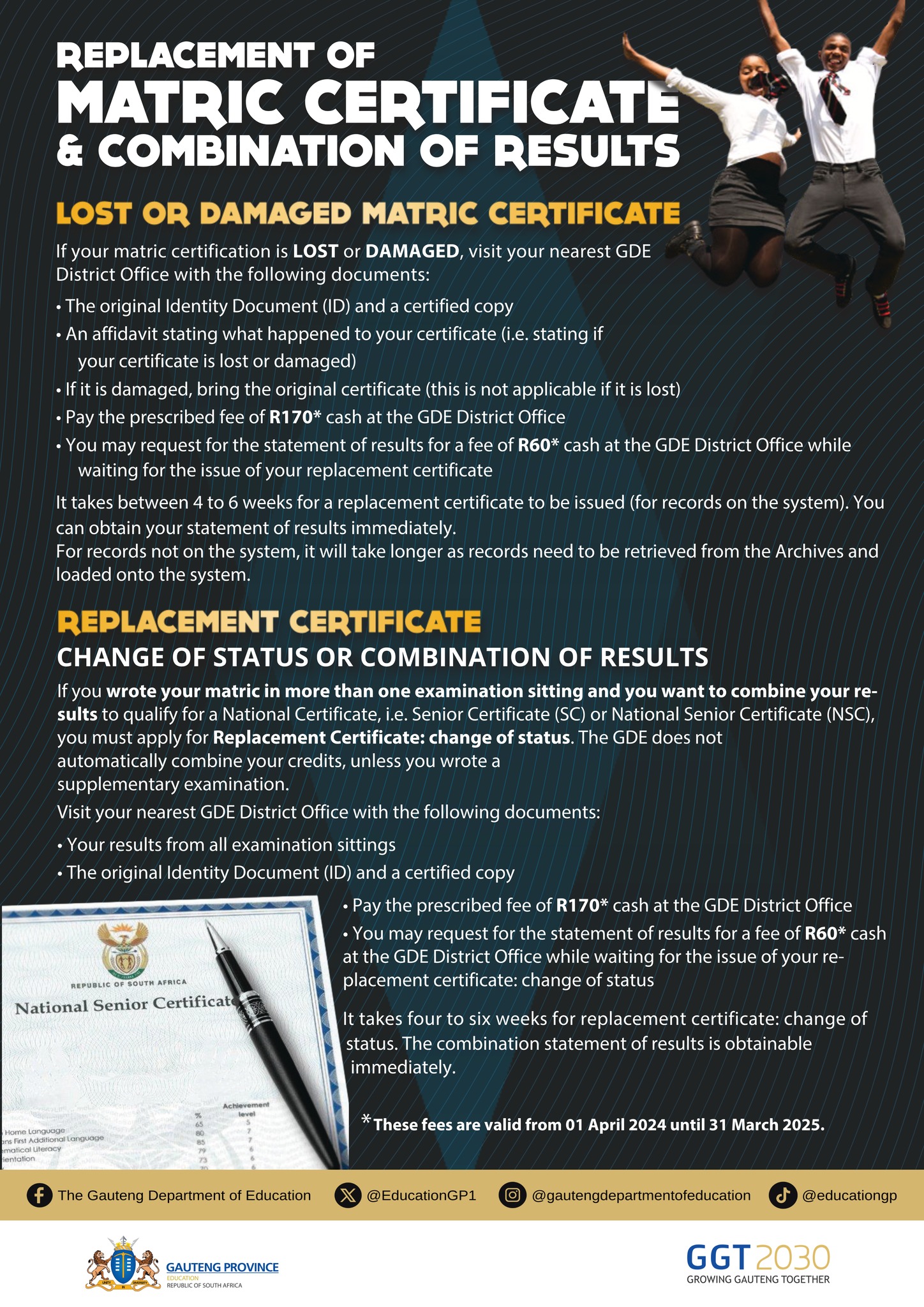Water is essential for all living things. Water covers 80% of our planet Earth. This however does not mean water is sufficient for all.
In fact, of that 80% only less than 1% of that is fresh and drinkable. Government annually sets aside a week to raise awareness for our water as a scarce resource.
Minister of Water and Sanitation Senzo Mchunu has issued a warning that as a country we should use water sparingly – with the recent water shortages, dams running dry, the drought threats, it will be in our best interest to save water, every drop counts.
Research has shown that in 2030 we will have shortage of water so great that the next world war might be for water. We, however, can change that because our usage of water is unreasonable. One of the ways would be for us to purify our water an infinite number of times so that we save our scarce resource –WATER!
The Constitution of South Africa has placed a legal obligation on the government to realise people’s right to sufficient water. In order to do this, South Africa has developed policies, strategies and institutions to manage water resources and deliver water services to people through local government structures.
Although access to water has been included in our Bill of Rights, few people working with water-related issues understand the implications of a human rights approach to water, while those with a right to water also do not fully comprehend what is meant, particularly the most vulnerable and poor members of the South African community.
The historical imbalances that have resulted in the spatial segregation and allocation of people and resources, respectively, is at the base of the problem; however, 29 years into democracy access to water as a human right is an important issue to unpack.
The generally accepted volume associated with the human right is 25 litres per person per day. However, we need to check if all citizens have access to this allocation. Does the country have enough water to allocate this volume to the population?










